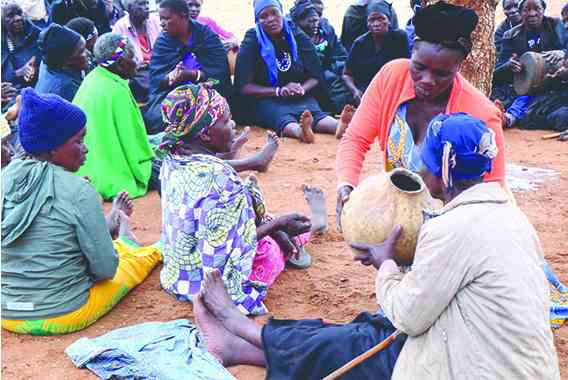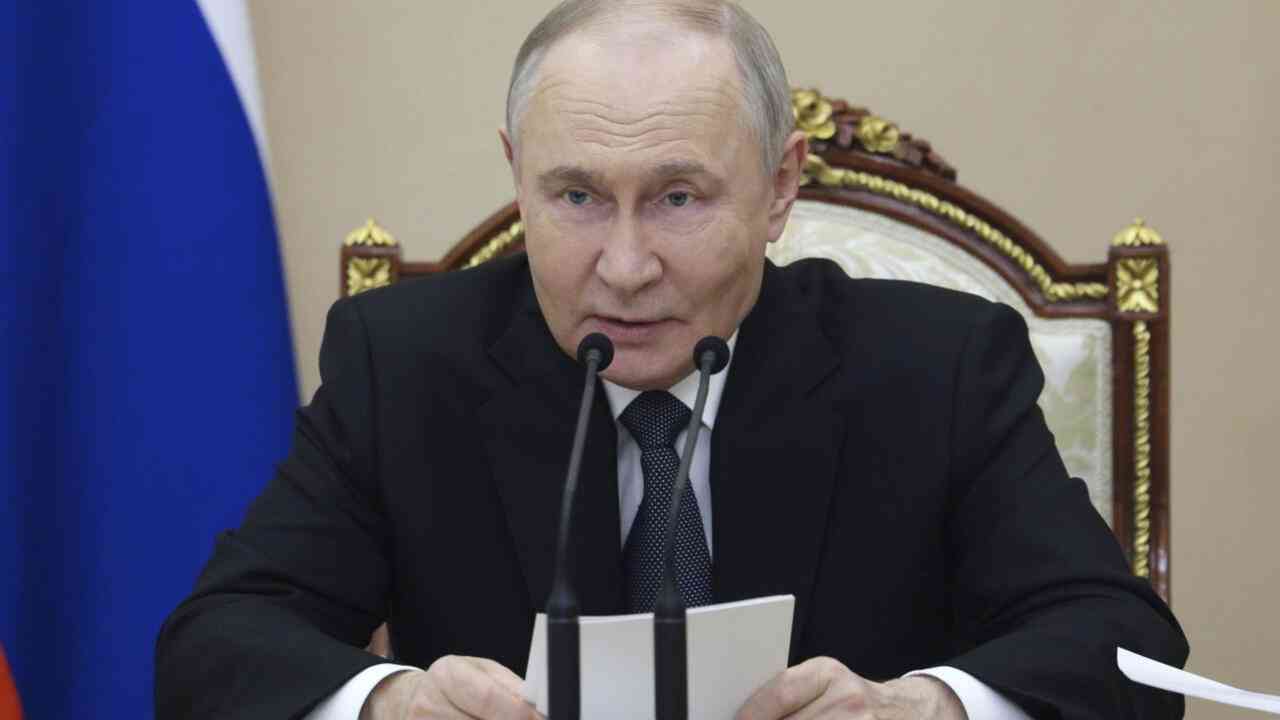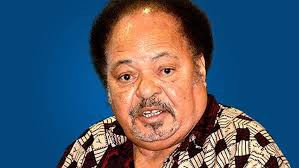
Let me confess: this article began with a cup of masawu tea and my aunt’s cackle. Last week, I visited aunt Tsitsi, a retired teacher with a laugh that rattles windowpanes. Mid-sip, she suddenly fanned herself, muttering: “Mwanangu, this heat isn’t from the stove. My body has become a chigubu (plastic bottle) on a funeral pyre!” When I blinked, confused, she leaned in: “Menopause, girl! They call it ‘women’s winter,’ but mine is a riot, hot flashes, rage, and dreams of slapping some leaders we shall never dare to mention at this chaotic time!” We howled, but her truth lingered: if a woman as bold as Tsitsi hides her menopause like contraband weed, what of others? This conversation, steeped in humour and hidden pain, unravelled a thread connecting menopause to Zimbabwe’s socio-political fabric, a thread woven with colonial residues, feminist defiance, and the urgent need to reimagine aging in a society that often discards women once their wombs fall silent.
In Zimbabwe, where the sun scorches the earth and the soil holds ancestral memory, women’s bodies burn with a fire society refuses to see. Menopause, a natural biological transition, is shrouded in silence, stigma, and patriarchal mythmaking. Over 60% of Zimbabwean women aged 45 to 55 report experiencing severe psychological distress during menopause, yet 78% say they have never discussed symptoms with healthcare providers, according to a 2024 report by ZimStats. This silence is not accidental; it is a colonial relic. Pre-colonial Shona and Ndebele cultures revered postmenopausal women as mhondoro (lionesses), guardians of wisdom, mediators of disputes, and custodians of oral histories. Today, menopause is reduced to whispers of “zvemadzimai” (women’s matters), dismissed as madness or incompetence. The shift from lioness to liability mirrors Zimbabwe’s broader struggle to reconcile its indigenous knowledge systems with imported patriarchal norms.
This cultural erasure has material consequences. In rural areas, 82% of women believe menopause is “God’s punishment” for sexual freedom, as reported by the Women’s Coalition of Zimbabwe in 2023. Urban workplaces are no refuge: 67% of employers admit bias against promoting menopausal women, citing “mood swings” and “reduced productivity,” per the Confederation of Zimbabwe Industries. Meanwhile, public health infrastructure remains oblivious.
Since independence in 1980, not a single national campaign has addressed menopause.
Clinics lack hormone replacement therapy; gynaecologists receive minimal training on symptom management. For market women navigating Harare’s chaotic Mbare Musika, menopause becomes another invisible burden, hot flashes blending with the heat of haggling, insomnia amplified by stress over hyperinflation’s assault on their tomato profits.
This silence is not just personal. It mirrors Zimbabwe’s political landscape. On March 31, activist Blessed Geza called for a national protest where the majority of the country decided on a massive stayaway. Even in their silence, it is obvious that women’s voices demand the very basics such as menstrual equity: free sanitary pads, workplace protections for menstruators, and an end to period poverty. Yet menopause remains conspicuously absent from policy agendas. The irony stings: a nation fixated on policing women’s fertile years abandons them when fertility ends.
Meanwhile, journalist Blessed Mhlanga, arrested on dubious charges of “inciting violence,” rots in Chikurubi Maximum Security Prison. His crime? Documenting a story of protest by Blessed Geza, through broadcast, in a country where many are peri-menopausal grandmothers selling nzungu (groundnuts) to survive Zimbabwe’s high inflation rate. Their bodies, like the country’s economy, are deemed disposable post-fertility.
The parallels between menopausal marginalisation and Zimbabwe’s socio-political decay are stark. Just as the state criminalises dissent (see the controversial Patriotic Act 2023), society pathologises menopause. Hot flashes become “hysteria,” memory lapses “senility,” and sexual dryness “failure.” But radical black African feminism demands we reframe this narrative.
- Pray for us, says Sikhala
- Letter to my people: The experiment has failed spectacularly
- Village Rhapsody: Zimbabwean journalists under siege
- AMH journalists arrested
Keep Reading
Menopause is not decay, it is liberation. When a woman’s body stops bleeding, she is not emptied; she is unleashed. Freed from the tyranny of reproduction, she embodies the mhondoro spirit: fierce, ungovernable, and spiritually potent.
Imagine if we channelled this power. Picture menopause murals splashed across Harare’s graffiti streaked walls, women with flames crowning their heads, their laughter etched in neon.
Envision “vapfuri” (stone sculptor) workshops where women carve symbols of their transitions: phoenixes, baobabs, drums. These acts of creation would defy the notion that menopausal women are relics.
Policy shifts must follow. Tax incentives for businesses employing menopausal women could counter workplace discrimination.
Integrating free hormone therapy into primary healthcare would acknowledge that menopause is not a luxury, it is a right. And why not a national “Menopause Day” marked by storytelling circles under Msasa trees, where women such as aunt Tsitsi share truths over mahewu (fermented porridge)?
Such initiatives would reclaim indigenous knowledge while addressing modern realities. The data drought exacerbates the crisis.
Research on menopause in Zimbabwe is scant, underfunded, and skewed toward urban elites. Yet the numbers that exist scream louder than taboos. For instance, 45% of women in Bulawayo link menopause to marital strife, often due to partners seeking younger companions, a trend fuelled by toxic myths about “youthful vigour.”
Meanwhile, churches peddle harmful narratives. At a Harare apostolic shrine last year, a prophet declared menopause “a curse for Eve’s sin,” urging women to “fast for 40 days to regain God’s favour.” These spiritualised oppressions demand theological pushback. Where are the feminist reinterpretations of Mwari (God) as a deity who celebrates women in all seasons?
But hope flickers. In Chitungwiza, a grassroots collective called Vakadzi Vane Simba (Women With Power) runs secretive “menopause cafés.”
Over cups of Zumbani tea and herbal garden tending, participants swap survival tips: how to negotiate desire with drier tissues, navigate workplace bias with humour, and repurpose hot flashes as political metaphors.
“When I feel the heat rising,” says Mama Judith, 54, “I imagine it is burning down the patriarchy!” This radical joy, a concept scholars working on the issues of menopause in Zimbabwe link to Sylvia Tamale’s Afro-feminist praxis, transforms shame into subversion. Zimbabwe’s feminist future must centre menopausal women.
They are the demographic majority in a country where life expectancy for women is 67. Their votes could swing elections; their economic contributions sustain households. Yet they remain politically invisible.
Women still remain the fire of the country. Fire here is duality: the burning shame of stigma and the cleansing blaze of revolution.
To the young feminists reading this, menopause is your future.
Fight for it now. Advocate for inclusive policies, challenge ageist stereotypes, and learn from the mhondoro in your life. To policymakers, menopausal women are not liabilities. They are your mothers, your teachers, your backbones.
To the women and fellow sisters for bodily integrity, keep the fire alive. And to aunt Tsitsi, next time, let’s brew that masawu tea stronger.
The revolution needs us awake, hot, and utterly unapologetic.
Until then, let us keep spreading positivity (#spreadpositivity). We were here, becoming better, making our mark, and leaving our footprint as we make the world a better place!
- Chirenje writes in her capacity as a citizen of Zimbabwe. Follow her on social media for more Lifezone with Grace conversations on Twitter: @graceruvimbo; Facebook: Grace Ruvimbo Chirenje; Instagram: @graceruvimbo











